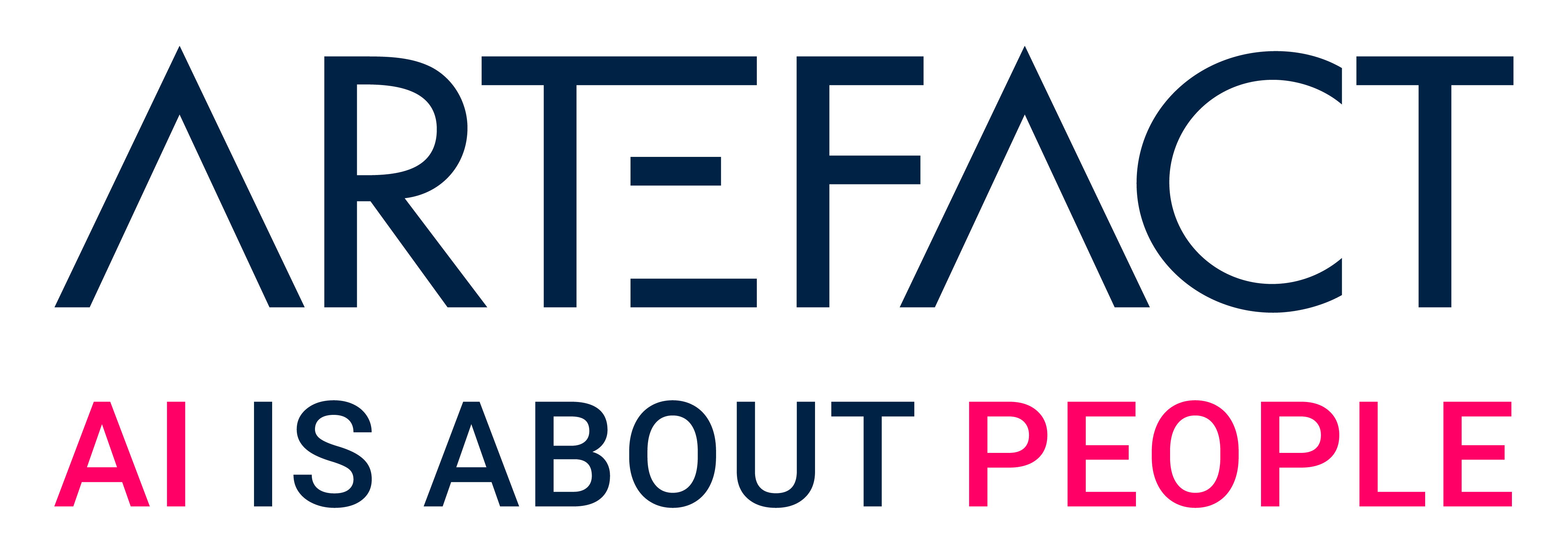Thanks to the launch of generative artificial intelligence tools like ChatGPT, artificial intelligence (AI) has been the hottest of hot topics for the past year. But it took decades of research and development to get AI to its current state. While some see AI as a threat to jobs, others recognise that it can also be a powerful tool for those businesses willing to learn how to use it.
It’s important to understand that the effectiveness of AI depends on a company’s digital infrastructure. Without a solid and practical infrastructure, AI cannot reach its full potential. Businesses need to ensure that their digital infrastructure is up to standard before they can reap the benefits of AI.
Build a strong digital infrastructure for AI
Several elements are essential for a robust digital infrastructure, including:
Once a robust digital infrastructure is in place, the stage is set for AI to play a pivotal role in a wide range of business areas, transcending traditional boundaries and transforming core operations. From marketing and procurement to finance and HR, the impact of AI promises to be far-reaching and game-changing.
This article takes a closer look at some of the potential benefits and implications of AI in marketing, and the transformative impact it can have on businesses.
Reveal customer insights, automate content creation
In digital marketing, AI is emerging as a powerful tool that’s revolutionising the way businesses connect with their audiences and optimise their strategies. One of the greatest benefits of AI is its ability to analyse vast amounts of data in seconds.
By sifting through customer interactions, online behaviour and historical data, AI can uncover valuable insights into customer preferences, patterns and sentiment. Armed with this newfound understanding, marketers can create hyper-personalised campaigns that resonate with individual consumers on a deeper level, fostering stronger emotional connections and driving higher engagement rates.
The effectiveness of AI in automating content creation is also a major benefit for marketers looking to maintain a consistent and engaging online presence. Automatically generating blog posts, social media updates and product descriptions saves time and resources while ensuring a steady flow of compelling content.
Maximise ROI, reach the right audiences
The impact of AI on marketing goes far beyond content creation and analysis. It is revolutionising the way companies strategise and execute advertising campaigns.
Using real-time performance data, AI-driven algorithms can optimise digital ad placements, target specific demographics and adjust bids to maximise return on investment (ROI). This proactive approach to ad campaign management not only saves costs, but also ensures that advertisements reach the most relevant audiences, delivering higher conversion rates and increasing overall marketing effectiveness.
Empower exceptional customer support 24/7
Another key benefit of AI is its ability to offer businesses exceptional customer support. AI-powered chatbots serve as tireless virtual assistants, providing round-the-clock instant and efficient responses to customer queries. By handling routine inquiries and providing relevant information, these intelligent bots free up human agents to address more complex issues, resulting in reduced response times and increased customer satisfaction.
Enhance business operations and decision making
The predictive analytics capabilities of AI also give businesses a competitive edge in predicting customer behaviour and market trends. Armed with data-driven insights, businesses can anticipate demand patterns, identify emerging opportunities and stay ahead of their competitors. This proactive approach to decision making enables businesses to optimise resource allocation and seize timely opportunities for growth and expansion.
Take the path to AI-driven marketing success
1. Set clear objectives: Define clear and measurable objectives for your AI-powered marketing initiatives. Whether it’s improving customer engagement, increasing sales, or enhancing ROI, having well-defined goals will help you choose the right AI tools and assess your strategy’s effectiveness.
2. Invest in the right AI tools: Select the ones that align with your objectives and integrate seamlessly with your existing systems. Focus on tools that offer practical solutions, such as chatbots for customer support or data analytics platforms for campaign optimisation.
3. Embrace personalisation: Leverage AI to deliver personalised experiences to your customers. Tailor content, product recommendations and marketing messages based on individual preferences and behaviours to strengthen brand loyalty and customer relationships.
4. Continuously test and optimise: Implement A/B testing and data-driven optimisation to refine your marketing strategies. Continuously test different approaches and analyse the results to identify what works best for your target audience.
Conclusion: AI adoption is essential, not optional
The integration of AI into a robust digital infrastructure marks a paradigm shift in how businesses approach marketing and core operations. The advantages of AI in marketing alone are substantial, ranging from data analysis and personalised content creation to optimised advertising campaigns and exceptional customer support.
But the impact of AI extends beyond marketing. It’s spreading across multiple business sectors and redefining the landscape of business success. Embracing the transformative potential of AI isn’t an option, it’s a strategic imperative for businesses that want to thrive and excel in today’s dynamic and digitally-driven era.

 BLOG
BLOG




